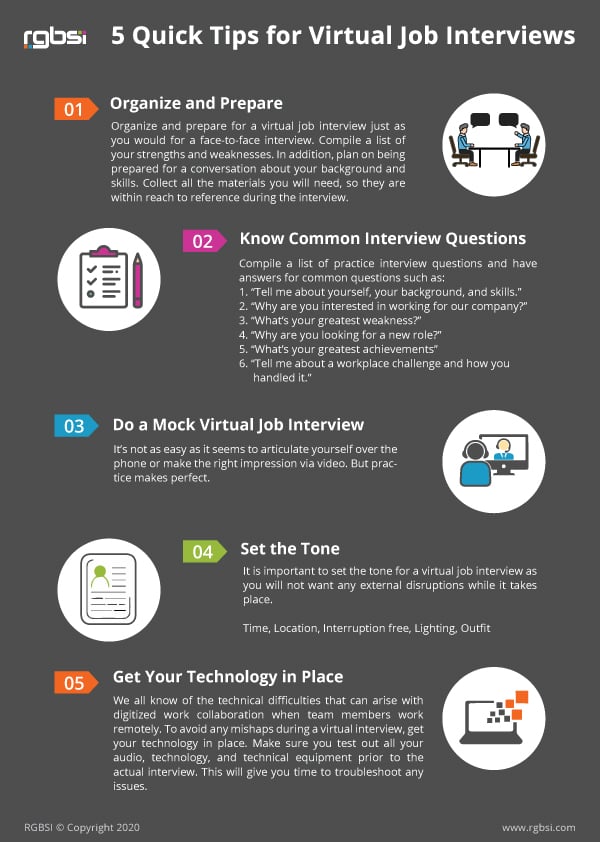Sustainable Careers in Green Technology: Building a Future That Works for the Planet
As the world faces unprecedented environmental challenges, the demand for green technology professionals is on the rise. Green technology offers innovative solutions that reduce environmental impact and promote sustainability across various industries, from energy and transportation to agriculture and manufacturing. Careers in this field not only provide opportunities to make a positive difference but also offer long-term job security in an industry that is expected to grow rapidly. This article explores the rewarding careers in green technology, the skills needed, and how to get started in this fast-evolving sector.
Why Green Technology is Key to Our Sustainable Future
Green technology is more than just a buzzword it’s an essential part of the solution to the world’s most pressing environmental issues. As the global population grows, so does the demand for energy, water, and food. At the same time, climate change, resource depletion, and pollution are threatening the planet’s ecosystems. Green technologies address these challenges by promoting energy efficiency, reducing waste, and creating cleaner alternatives for industrial processes. Sustainable careers in this field offer the chance to work on cutting-edge innovations that will shape a greener, more sustainable future for generations to come.
Key Careers in Green Technology: What You Can Do
Green technology spans a wide range of industries, providing various career paths for professionals with diverse skill sets. Some of the most sought-after roles in the sector include:
- Renewable Energy Engineer: Focuses on developing and implementing renewable energy systems, such as solar, wind, and hydropower, to provide cleaner energy solutions.
- Sustainability Consultant: Advises organizations on how to reduce their environmental impact by adopting sustainable practices and technologies.
- Energy Efficiency Specialist: Works to improve energy use in homes, businesses, and industries, helping to reduce costs and environmental impact.
- Green Building Architect: Designs energy-efficient, environmentally friendly buildings that use sustainable materials and technologies.
- Environmental Data Analyst: Utilizes data to assess environmental impacts, track sustainability goals, and optimize the use of natural resources.
These roles are in high demand as businesses, governments, and organizations strive to meet sustainability targets and reduce their carbon footprint.
The Skills You Need to Succeed in Green Technology
To build a successful career in green technology, professionals must possess a combination of technical and soft skills. While the specific skills required depend on the chosen career path, some core competencies are essential across the industry:
- Technical Expertise: A strong understanding of engineering, renewable energy technologies, environmental science, or data analysis is crucial for success in green technology roles.
- Problem-Solving Skills: Green technology professionals are tasked with developing solutions to complex environmental issues. Creative problem-solving abilities are essential in this field.
- Knowledge of Sustainability Practices: An understanding of environmental regulations, sustainable practices, and eco-friendly technologies is vital for ensuring that solutions are both effective and compliant with environmental standards.
- Project Management: Many green technology projects require coordination between teams, stakeholders, and regulatory bodies. Strong project management skills help professionals ensure that projects are completed on time and within budget.
- Communication Skills: Whether presenting findings, advocating for sustainable practices, or working with diverse teams, effective communication is key to success in green technology careers.
Developing these skills will position you for a rewarding career that contributes to both economic and environmental progress.
How to Get Started in a Green Technology Career
Starting a career in green technology requires a strategic approach that includes education, hands-on experience, and networking. Here are some steps to help you break into this exciting field:
- Pursue Relevant Education: Many roles in green technology require a background in engineering, environmental science, or sustainability. Consider pursuing a degree in these fields or specialized certifications in renewable energy or environmental management.
- Gain Experience through Internships or Volunteering: Internships and volunteer work with environmental organizations, renewable energy companies, or sustainability-focused businesses are invaluable for building experience and making industry connections.
- Stay Current with Industry Trends: The green technology sector is rapidly evolving. Regularly read industry publications, attend conferences, and participate in webinars to stay informed about the latest advancements.
- Build a Strong Professional Network: Join environmental groups, online communities, and professional associations to meet like-minded individuals and access job opportunities in green technology.
- Develop a Specialized Focus: The green technology field is broad, so consider specializing in a specific area, such as solar energy, green building, or electric vehicles. Specialization can make you more attractive to employers looking for niche expertise.
By following these steps, you can start building a career that aligns with your passion for sustainability and helps the world transition to a greener future.
The Future of Green Technology Careers
The future of green technology careers is incredibly bright. As countries and companies commit to ambitious sustainability goals and carbon neutrality targets, the demand for skilled professionals in green technology is expected to continue growing. Here are some factors contributing to the expansion of these careers:
- Government Policies and Incentives: Many governments are offering tax credits, subsidies, and grants to encourage the development of green technologies, which in turn drives job creation.
- Corporate Sustainability Initiatives: With climate change becoming a central issue for businesses, companies are increasingly adopting sustainability practices and looking to hire experts to guide their efforts.
- Advancements in Technology: Innovations in fields such as energy storage, electric vehicles, and carbon capture are opening up new career opportunities in green technology.
As the sector grows, the variety of careers and opportunities will increase, making green technology a highly attractive industry for both job seekers and entrepreneurs.
Frequently Asked Questions
1. What qualifications do I need to work in green technology?
Qualifications vary depending on the role, but a degree in environmental science, renewable energy, engineering, or sustainability is often required. Specialized certifications in green technology or energy management can also enhance your qualifications.
2. How can I transition into a green technology career from another field?
If you are transitioning from another field, consider gaining relevant skills through online courses, certifications, or volunteering. Networking within the green technology industry and attending industry events can also help you make the transition.
3. Are there entry-level positions in green technology?
Yes, many green technology roles have entry-level positions, such as energy efficiency analyst or sustainability assistant, which can provide hands-on experience in the field.
4. How much do green technology professionals earn?
Salaries vary depending on the role, experience, and location. For example, renewable energy engineers and sustainability consultants typically earn competitive salaries, with salaries ranging from $60,000 to over $100,000 annually, depending on the specialization and region.
5. What are the biggest challenges in the green technology sector?
Some of the biggest challenges include the need for more widespread adoption of sustainable practices, overcoming technological limitations in renewable energy, and addressing the environmental impact of emerging technologies.

